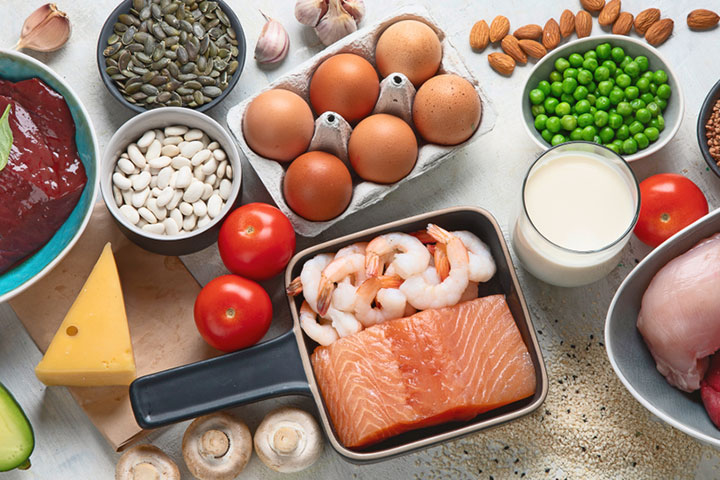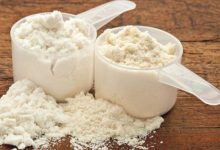Food to increase fertility for twins + video
Food to increase fertility for twins : The dream of having twins fascinates many prospective parents. While several factors, including genetics and age, play a role in determining the likelihood of having twins, there is also evidence to suggest that diet can influence the chances of conceiving twins. Understanding the connection between nutrition and fertility can be enlightening for those wishing to optimize their chances of having multiple births. This essay delves into various foods and their potential to enhance fertility for twins.
What You Should Eat to Boost Your Fertility :
Food to increase fertility for twins
1. Dairy Products:
Historically, cultures with a high intake of dairy products have shown slightly elevated rates of twin births. A study led by Dr. Gary Steinman, a renowned researcher on the topic, suggested that women who consume dairy products regularly might be five times more likely to conceive twins than those who don’t. The reasoning is that dairy products, especially from cows who have been treated with growth hormone, can raise a woman’s level of insulin-like growth factor (IGF), which is linked to increased ovulation.

2. Yams:
In certain African regions, notably the Yoruba tribe in Nigeria, there’s a notably high rate of twin births. One theory posits that the consumption of wild yams might play a role. These yams contain specific chemicals which might cause hyperovulation, releasing more than one egg during the menstrual cycle, thereby increasing the chances of twins if both eggs get fertilized.
3. Folic Acid:
Folic acid is a well-known supplement recommended for all women of childbearing age because of its role in preventing neural tube defects. Intriguingly, some studies suggest that women who consume more folic acid before conceiving might have a higher chance of having twins. Foods rich in folic acid include leafy greens, citrus fruits, beans, and fortified cereals.
4. Omega-3 Fatty Acids:
Fish, especially cold-water fish like salmon, mackerel, and sardines, are rich in omega-3 fatty acids. These essential fats play a vital role in hormone production and may enhance a woman’s reproductive health, potentially increasing the likelihood of having twins. Furthermore, Omega-3s are anti-inflammatory and can support overall health, which is paramount for optimal fertility.
5. Whole Grains:
Whole grains, such as quinoa, brown rice, oats, and barley, are rich in nutrients and have a low glycemic index. They provide sustained energy, which can be beneficial for reproductive health. Moreover, they are rich in fiber, which helps in balancing hormones by excreting excess estrogen from the body.
6. Zinc-rich Foods:
Zinc is a vital mineral for fertility. It aids in proper functioning of the reproductive hormones, estrogen, and progesterone. Foods rich in zinc include oysters, beef, turkey, beans, and nuts. For men, consuming zinc has been linked to increased sperm potency, while for women, it may enhance ovulation and fertility.
7. Protein from Plant Sources:
A shift from animal protein to plant protein might be beneficial for those aiming for twins. Foods like tofu, tempeh, beans, and lentils are excellent plant-based protein sources. Some research suggests that consuming more plant-based proteins can increase the odds of having twins.
8. Complex Carbohydrates:
Complex carbohydrates, found in vegetables, fruits, and whole grains, can stabilize blood sugar levels. Stable blood sugar and insulin levels can create a more favorable environment for conception. While there’s no direct evidence linking complex carbohydrates to twin births, they play an essential role in overall fertility.
Environmental and Lifestyle Factors:
While food plays a crucial role, it’s also essential to mention the significance of environmental and lifestyle factors in twin births. Age, for example, is a significant determinant. Women over 30, particularly those between 35 and 40, have higher chances of releasing more than one egg during ovulation, thus increasing the likelihood of twins. Furthermore, the number of previous pregnancies can also influence twin births; women with multiple pregnancies before might have higher chances of having twins.
Cautions and Considerations:
While the idea of having twins can be enticing, it’s essential to approach this goal with caution. Twin pregnancies are associated with increased risks, including preterm births, low birth weight, and gestational diabetes. It’s always advisable to consult with a healthcare provider or nutritionist before making any drastic dietary changes for fertility purposes.
In conclusion, while the link between diet and increased twin fertility remains a topic of ongoing research, the foods discussed herein provide a starting point for those curious about optimizing their nutrition for potential twin conception. However, it’s essential to remember that multiple factors determine twin births, and diet is just one piece of the puzzle.


